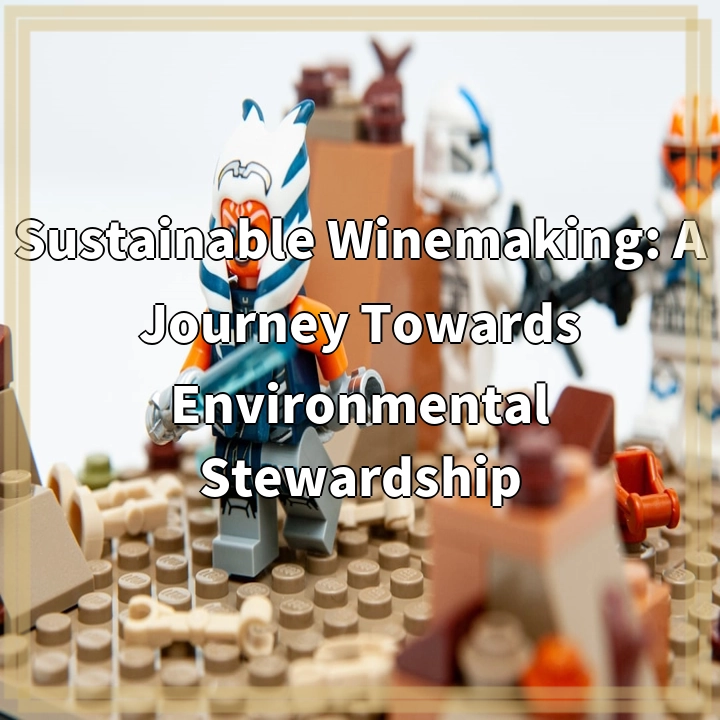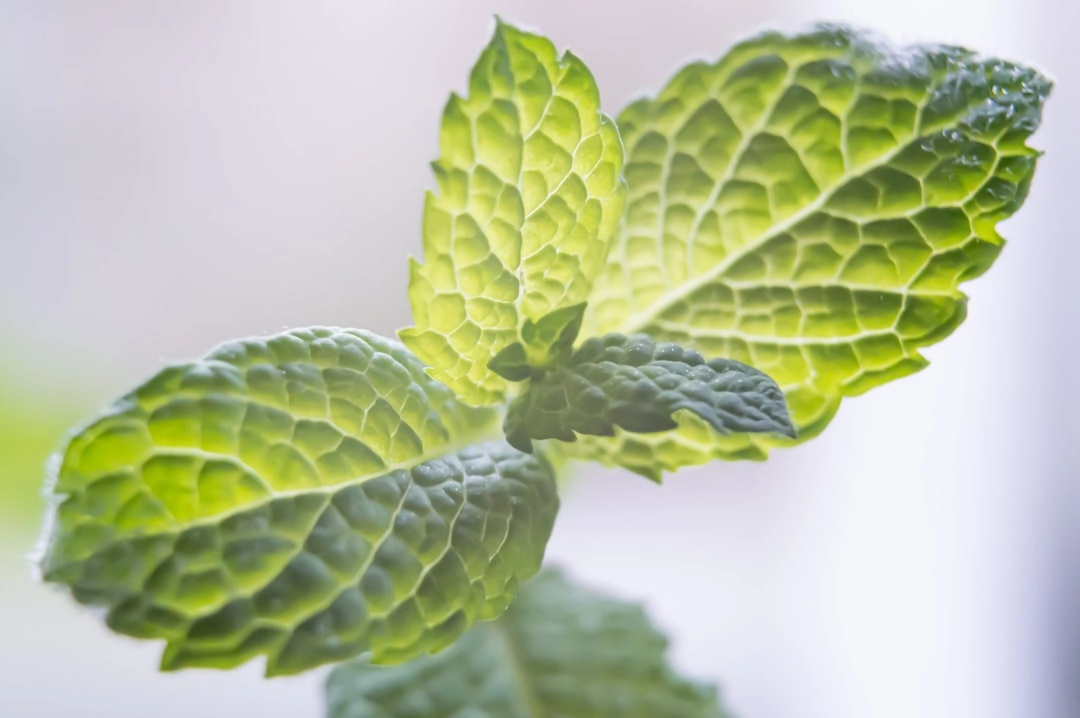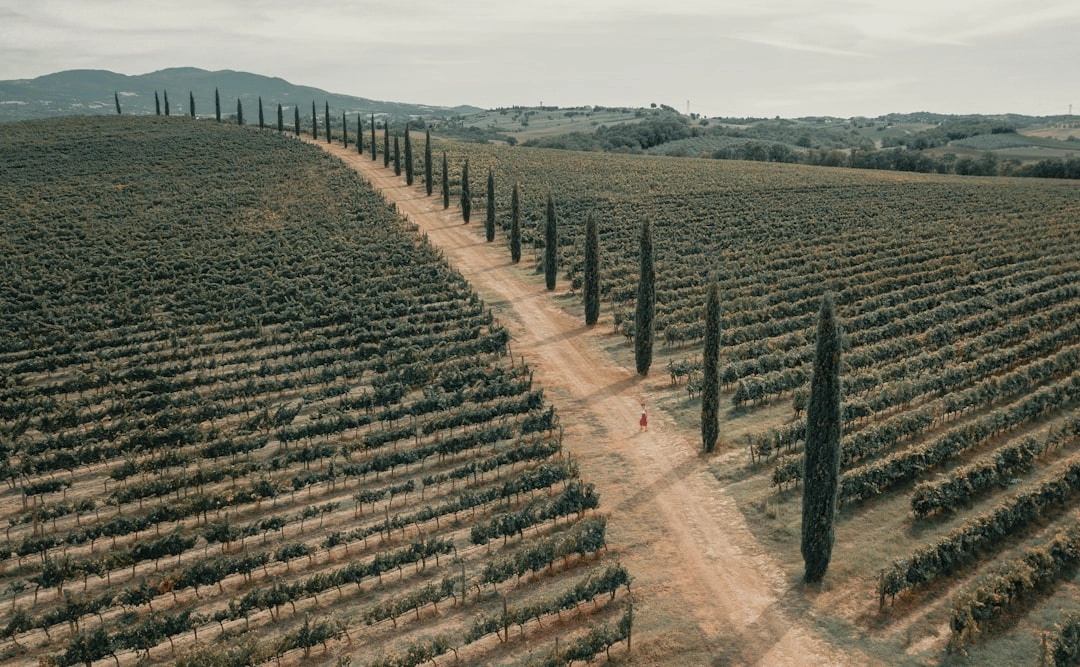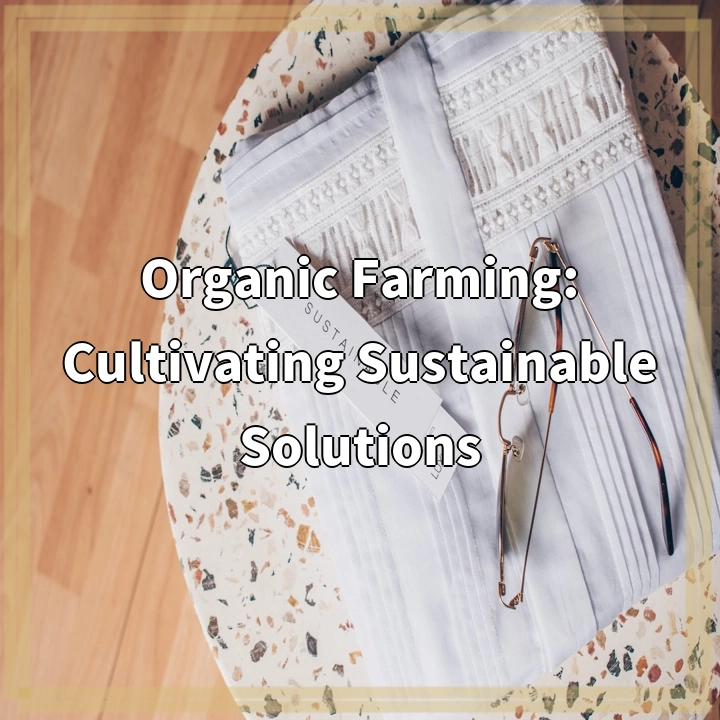
What is Sustainable Winemaking?
Sustainable winemaking is an approach to grape cultivation and wine production that focuses on minimizing negative environmental impacts while promoting long-term social and economic sustainability. It involves implementing practices and techniques that conserve natural resources, reduce carbon emissions, and ensure the well-being of workers and local communities.
Conserving Natural Resources
Sustainable winemaking aims to minimize the use of water, energy, and other resources throughout the grape growing and winemaking process. This includes employing efficient irrigation systems, utilizing renewable energy sources, and implementing water and energy conservation measures in winery operations.
Reducing Carbon Emissions
The production and distribution of wine can contribute significantly to greenhouse gas emissions. Sustainable winemakers prioritize measures to reduce carbon footprints, such as adopting organic or biodynamic farming practices, using lightweight glass bottles for packaging, implementing recycling programs, and investing in eco-friendly transportation methods.
Social and Economic Sustainability
Sustainable winemaking also addresses the social and economic aspects of wine production. It emphasizes fair treatment of workers, promotes diversity and inclusion, supports local communities, and strives for economic viability to ensure the long-term sustainability of the wine industry.
Real-World Problems Associated with Sustainable Winemaking
While sustainable winemaking offers numerous benefits, it is not without its challenges. Some of the real-world problems associated with sustainable winemaking include:
Inconsistent Regulations
The lack of standardized regulations and certifications for sustainable winemaking practices can lead to confusion and inconsistency among producers. This makes it difficult for consumers to identify and support truly sustainable wines.
Financial Constraints
Implementing sustainable practices often involves significant investments in infrastructure and equipment upgrades. For small and medium-sized wineries, the financial burden of adopting sustainable methods can be a barrier, making it necessary to find creative solutions and collaboration opportunities.
Resistance to Change
Traditional winemaking practices and entrenched industry norms can be resistant to change, hindering the widespread adoption of sustainability initiatives. Education, awareness, and collective action are necessary to overcome resistance and promote sustainable winemaking as the industry standard.

Solutions for Sustainable Winemaking
Despite the challenges, there are promising solutions to promote and advance sustainable winemaking practices. These solutions include:
Standardization and Certifications
Developing standardized regulations and certifications for sustainable winemaking can provide clarity and credibility to both producers and consumers. Recognized certifications, such as organic or biodynamic labels, can help consumers make informed choices and support sustainable wine producers.
Financial Support and Incentives
Governments, organizations, and industry associations can offer financial support and incentives to help wineries transition to sustainable practices. Grants, subsidies, and tax incentives can ease the financial burden and encourage more wineries to adopt environmentally friendly methods.
Education and Collaboration
Educating wine producers, industry professionals, and consumers about the benefits of sustainable winemaking is crucial. Training programs, workshops, and conferences can raise awareness and facilitate knowledge sharing. Collaboration between wineries, researchers, and sustainability organizations can also foster innovation and best practice sharing.
Consumer Demand and Engagement
Increasing consumer demand for sustainable wines can drive change within the industry. By actively seeking out and supporting wines with recognized sustainability certifications, consumers can inspire producers to invest in sustainable practices. Engaging with wineries through feedback, social media, and consumer initiatives can also encourage continuous improvement and transparency.















